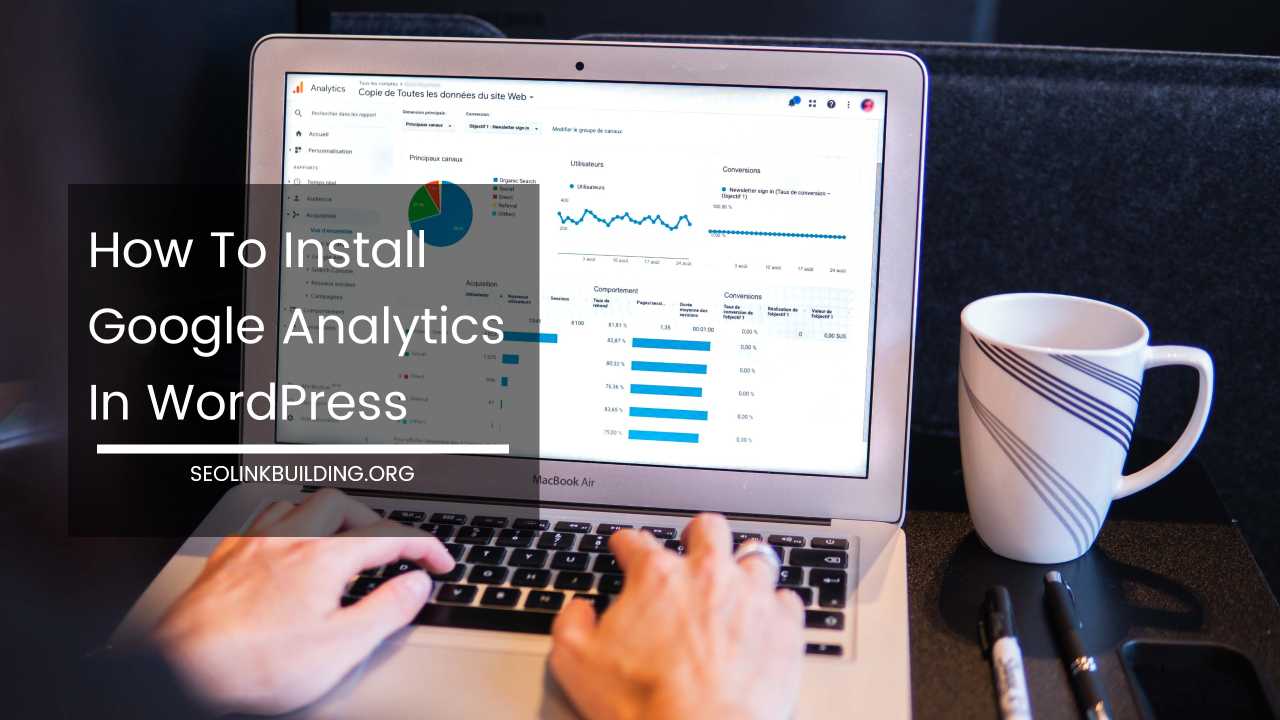21 Best Online Marketing Tools for Small Business

Best Online Marketing Tools
Unlocking Success: A Comprehensive Guide to the 21 Best Online Marketing Tools
In the ever-evolving landscape of digital marketing, the success of your online endeavors relies heavily on the tools you use. These tools streamline processes, provide crucial insights, and help you stay ahead of the competition.
From analytics to social media management, email marketing, and SEO optimization, the right set of online marketing tools can be a game-changer for your strategy.
In this article, we delve deep into the 21 best online marketing tools that can empower your marketing efforts and propel your business to new heights.
-
Google Analytics:
At the forefront of our list is Google Analytics, an indispensable tool for every digital marketer. This web analytics service provides a wealth of information about your website’s performance, user behavior, and conversion metrics.
By understanding these metrics, marketers can make informed decisions to optimize their websites and enhance overall performance.
-
SEMrush:
For those seeking a comprehensive SEO toolkit, SEMrush is the go-to solution. It offers a suite of features, including keyword research, backlink analysis, and competitor tracking. SEMrush empowers marketers to optimize their websites for search engines and stay ahead in the highly competitive digital landscape.
-
HubSpot:
HubSpot is an all-in-one inbound marketing platform that covers everything from lead generation to customer relationship management (CRM). Its robust suite of tools includes marketing automation, email marketing, and analytics, making it an essential asset for businesses looking to streamline their marketing processes.
-
Mailchimp:
Email marketing remains a powerful tool for engaging with your audience, and Mailchimp is a popular choice for creating and managing email campaigns. With features like automation, segmentation, and detailed reporting, Mailchimp makes it easy for businesses to nurture leads and build lasting relationships with their customers.
-
Buffer:
Social media is a cornerstone of digital marketing, and Buffer simplifies social media management. This tool allows users to schedule posts across various platforms, track engagement, and analyze performance metrics. By maintaining an active and consistent social media presence, businesses can connect with their audience effectively.
-
Canva:
Visual content is king in the online world, and Canva is a user-friendly design tool that empowers even non-designers to create stunning graphics, infographics, and social media posts. With its intuitive interface and extensive library of templates, Canva is a must-have for creating visually appealing marketing collateral.
-
Hootsuite:
Managing multiple social media accounts can be overwhelming, and Hootsuite addresses this challenge. This social media management platform enables users to schedule posts, monitor mentions, and analyze performance metrics across different channels from a single dashboard.
-
Ahrefs:
Ahrefs is a powerhouse for SEO analysis, offering insights into backlinks, keywords, and competitor strategies. By leveraging Ahrefs, marketers can make data-driven decisions to improve their website’s search engine rankings and overall online visibility.
-
Moz:
Moz provides a suite of SEO tools, including keyword research, link building, and site audits. This tool helps businesses enhance their online visibility and drive organic traffic to their websites by providing actionable insights and recommendations.
-
Trello:
Effective project management is essential for successful marketing campaigns, and Trello is a versatile tool that aids in organization and collaboration. Its visual boards and task management features make it easy for teams to coordinate efforts and stay on track with their marketing initiatives.
-
BuzzSumo:
Understanding what content resonates with your audience is crucial, and BuzzSumo helps you do just that. This tool identifies popular content and trending topics in your industry, allowing businesses to tailor their content strategies for better engagement and reach.
-
Google Ads:
Formerly known as Google AdWords, Google Ads is a powerhouse for running online advertising campaigns. This platform enables businesses to reach their target audience through pay-per-click (PPC) advertising, driving targeted traffic to their websites.
-
Yoast SEO:
For WordPress users, Yoast SEO is an invaluable plugin that simplifies on-page SEO optimization. It provides real-time feedback and suggestions to improve the search engine friendliness of your content, helping your website rank higher in search results.
-
Sprout Social:
Sprout Social is a comprehensive social media management and analytics tool that helps businesses manage their online presence. It facilitates engagement with the audience, monitors mentions, and provides detailed reports on social media performance.
-
Unbounce:
Creating effective landing pages is crucial for maximizing conversion rates, and Unbounce is a dedicated tool for this purpose. It allows marketers to create and test landing pages without the need for coding, optimizing campaigns for better results.
-
Crazy Egg:
Understanding how users interact with your website is key to optimizing its design and user experience. Crazy Egg provides heatmaps, scrollmaps, and other visualizations that offer insights into user behavior, helping marketers make informed decisions.
-
Hotjar:
Similar to Crazy Egg, Hotjar offers a suite of tools for website analytics, including heatmaps, session recordings, and surveys. It provides valuable insights into user behavior, allowing marketers to refine their strategies based on user feedback.
-
Wistia:
Video marketing is on the rise, and Wistia is a hosting platform that caters specifically to businesses focusing on video content. It provides detailed analytics, including viewer engagement and conversion tracking, helping marketers understand the impact of their videos on overall strategy.
-
Zapier:
Automation is a game-changer for efficiency, and Zapier is a tool that connects different apps and platforms. This automation tool allows marketers to streamline workflows, eliminating repetitive tasks and improving overall productivity.
-
SpyFu:
Competitive intelligence is crucial for staying ahead, and SpyFu is a tool that provides insights into your competitors’ online strategies.
It offers data on keywords, ad spend, and search rankings, helping businesses refine their own strategies in the competitive landscape.
-
Mention:
Maintaining a positive online reputation is paramount, and Mention is a social media monitoring tool that tracks brand mentions across the web. It enables businesses to stay on top of their online reputation and respond promptly to customer feedback, fostering positive relationships.
Final Remarks:
In the fast-paced world of online marketing, utilizing the right set of tools is essential for success. The 21 tools highlighted in this article cover a broad spectrum of marketing needs, from analytics and SEO to social media management, automation, and beyond.
By incorporating these tools into your marketing strategy, you can optimize performance, enhance efficiency, and achieve unparalleled success in the dynamic digital landscape.
As technology continues to advance, staying informed and leveraging the latest tools will be crucial for maintaining a competitive edge and unlocking new opportunities in the world of online marketing.













